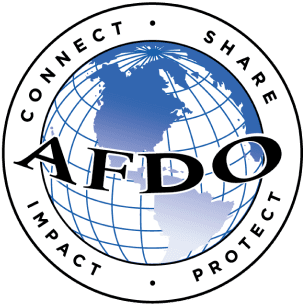About
Pop Quiz: Do you know which cleaning method (water-based, dry, or chemical-based) is best for a flour mill? Do you know how many pounds of flour are consumed annually per person in the U.S.?
AFDO and the North American Millers’ Association’s October 30 “The Grain and Milling Series #1: Milling Basics” course is designed to provide food safety inspectors with a comprehensive understanding of the milling process. This 90-minute virtual session will educate participants on the basics of milling, including the journey of grains from the farm to the mill, the various types of grains and their anatomy, and the different storage and transportation methods used before milling. The course also emphasizes the importance of proper grain storage and the challenges grains face during their growth, storage, and transportation. Register for the free course below.
What You’ll Learn
- Identify key attributes of grains and how they differ from other commodities.
- Identify environmental factors that could impact grains before they are delivered to the mill.
- Explain how mills are different from other types of food facilities.
- Identify what makes milled grains/flour not ready to eat.
(Note: The course is being offered at two times. Register below for the time that works best for you.)
REGISTER HERE!
Who Should Attend
Location
Virtual
Travel
Course Length
Seat Limit
Who You Will Learn From
Got membership questions? Go to afdo.org/join to learn more!
Contact afdo@afdo.org for questions about this training.

